I continue my look at the World during my lifetime and now I reach 1956 when I was two years old with a dodgy home haircut, a nautical jumper, velveteen shorts and a firm grip on the family cat.
In this year there were some really important events around the world that were to have an influence on international relations over the next twenty years or so.
In the Middle East the Suez Canal was of very high military and commercial strategic importance because it provided a convenient link from the Mediterranean Sea to the Indian Ocean and the United Kingdom had control of the canal under the Anglo-Egyptian Treaty of 1936 but on July 26th Gamal Abdel Nasser the Egyptian President, announced the nationalisation of the Suez Canal Company in which British banks and business had a significant financial interest.
The British Prime Minister, Anthony Eden, was outraged and up for war to teach the Egyptians a lesson and Britain together with France, who were similarly upset, made threatening noises and began to prepare for an invasion with large forces deployed to Cyprus and Malta and the entire British fleet was dispatched to the Mediterranean Sea to deal with the upstarts.
The crisis began on 29th October and the next day the allies sent a final ultimatum to Egypt and when it was ignored invaded on the following day. Someone should have told them that this was no longer the nineteenth century of Benjamin Disraeli and Napoleon III and they couldn’t go throwing their weight around in Africa like this anymore.
Almost simultaneously with this event there was a crisis in Eastern Europe when a revolution in Hungary, behind the iron curtain, deposed the pro-Soviet government there. The liberal government formally declared its intention to withdraw from the Warsaw Pact and pledged to re-establish free elections. By the end of October this had seemed to be completely successful but on 4th November a large Soviet force invaded Budapest and during a few days of resistance an estimated two thousand five hundred Hungarians died and two hundred thousand more fled the country as refugees. Mass arrests and imprisonments followed, the Prime Minister Imre Nagy was arrested and executed, a new Soviet inclined government was installed and this action further strengthened Soviet control over Central Europe.
From a military perspective the operation to take the Suez Canal was highly successful but paradoxically was a political disaster due to its unfortunate timing. The President of the United States Dweight D Eisenhower was dealing with both issues at the same time and faced the public relations embarrassment of opposing the Soviet Union’s military intervention in Hungary while at the same time ignoring the bombastic actions of its two principal European allies in Egypt he found himself severely compromised.
It was also rather a nasty concern that the Soviet Union threatened to intervene and launch nuclear attacks on London and Paris and fearful of a new global conflict Eisenhower insisted on a ceasefire and demanded that the invasion be called to a halt. Due to a combination of diplomatic and financial pressure Britain and France were obliged to withdraw their troops early in 1957. In Britain Anthony Eden promptly resigned, in France there was a political crisis, a period of instability and the collapse of the Fourth Republic in 1958.
The Hungarian revolution and the Suez crisis marked the final transfer of power to the new World Superpowers, the USA and the USSR, and it was clear to everyone now that only ten years after the Second-World-War Britain was no longer a major world power.
Since that time Britain has only once acted in a military matter without checking with the President of the United States first, when Margaret Thatcher sent troops to retake the Falkland Islands from the Argentine invaders and things are so bad now of course that British Prime Ministers like Tony Blair simply do as they are told by the American Head of State as though they are the President’s pet poodle.
This change in the world balance of power was highly significant and provided the tense atmosphere of the Cold War years that lasted until the Berlin Wall finally came down in 1989. In 1955 the two British spies Guy Burgess and Donald Maclean, who had fled in 1951, turned up in Moscow and I spent my childhood with a dread fear of the USSR and in an environment preparing for imminent nuclear conflict and the certain end of the world.
During this time the very thought of visiting eastern European countries was completely absurd which makes it all the more extraordinary that in the last few years as well as going to Russia itself I have been able to visit the previous Eastern-bloc countries of Croatia, Bosnia-Herzegovina, Montenegro, Slovenia, Slovakia, Hungary, Poland, Latvia, Lithuania, Estonia and the Czech Republic.
Click on an image to scroll through the Gallery…

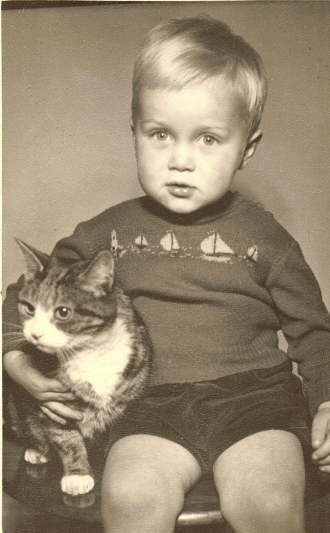

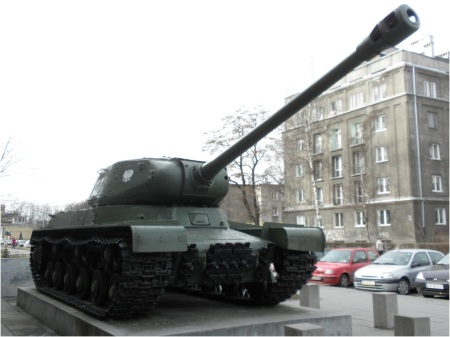
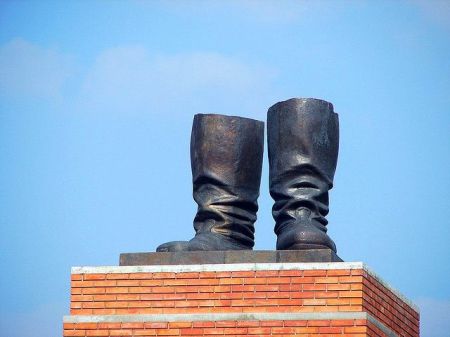
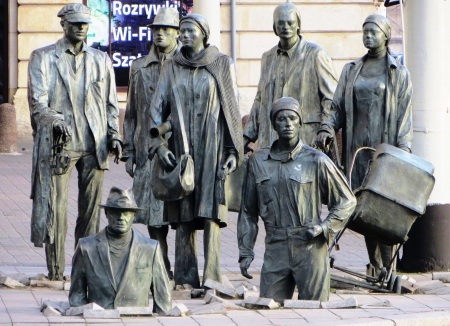
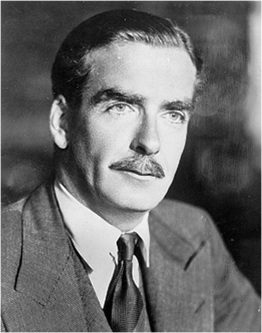
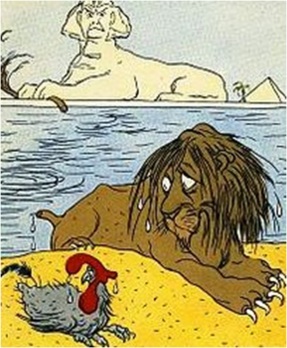
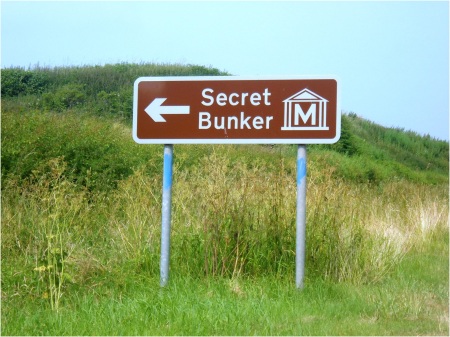
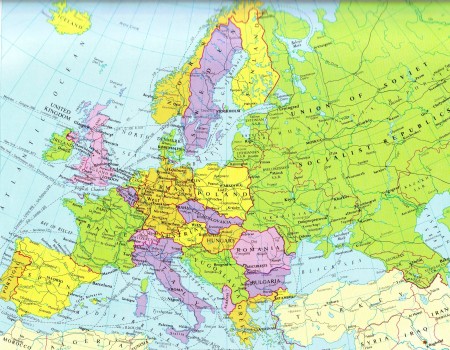







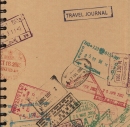
Yeah, I still would avoid those countries (I was born in what is now Slovenia).
I say “would” because I’m unlikely to even think about travel there so it’s not like I’ll have to check myself from going. I have been to Romania (business trip) and was very impressed with the people. I hope they are doing well.
LikeLike
Good countries but best to understand the history to prevent putting your foot in it. Never been to Romania.
LikeLike
That’s what keeps me from putting my foot in them.
LikeLike
I know the stories lived it under communism and fascism in my enfant and early teens years, all in the past look forward avoid mistakes of the new generations. Life is beautiful!
LikeLike
Only if we learn the lessons of history which we never have before!
LikeLiked by 1 person
A cat picture paints a thousand hits.
LikeLike
I asked my Mum what it’s name was but she couldn’t remember!
LikeLike
As long as your grandchildren don’t ask their parents about the name of that old man they are with in the picture, and they can’t remember either.
LikeLiked by 1 person
A nice analysis of world events in my 14th year
LikeLike
Do you remember Suez at the time? Were you worried?
LikeLiked by 1 person
I do remember. I wasn’t involved enough to be worried
LikeLike
my how so many things change and one thing stays the same – that picture is priceless
LikeLiked by 1 person
We used to have clothes made out of old curtains in the 1950s. No designer clobber in those days!
LikeLiked by 2 people
I do remember the Hungarian uprising, we had Hungarian refugee kids come to our village to live and starting to come to school with us. Is your final picture Prague rooftops?
LikeLike
The rooftops are Tallinn in Estonia.
LikeLike
You haven’t changed much! Apart from the 60+ years of course, and a better wardrobe, but you are so recognisable.
LikeLiked by 1 person
I think the cat’s name may be ‘Fast Exit.’ Or, “Have claws, will scratch.” The US learned the lesson of great power does not necessarily mean great success in Vietnam. A lesson it seems to still be learning in the Mideast. –Curt
LikeLike
The world seems to have opened up for many who were in the Soviet Bloc, Andrew. Whose turn to be liberated next, do you think?
LikeLiked by 1 person
Scotland? Catalonia? What do you think?
LikeLike
It’s a can of worms, isn’t it? 😕
LikeLiked by 1 person
(Love this stroll down memory lane. What a fashionista!) Budapest is without a doubt one of my favorite places on earth. I was nearly in tears when they told me the Communist had used St. Stephens as a stable. Egypt is another matter. England was good for them and the country has gone downhill since then. My opinion, of course, but an informed one, since that’s where my husband is from and we still have family there.
LikeLike
The communists have quite a lot to answer for in eastern Europe. There are parallels with the British Empire which has left a legacy of issues throughout Africa!
LikeLike
I agree Britain was not the most benevolent of sovereigns, but Egypt really needs a guiding hand.
LikeLiked by 1 person
Apparently, the family cat doesn’t like to pose for a photographer, unlike you. Great picture.
LikeLike
Thanks Victor, I was wondering where you were?
LikeLiked by 1 person
In 1956? I was waiting for my parents to “plan” me. They did it in 1962.
LikeLike
Same year as my little brother!
LikeLiked by 1 person
Can’t be a very well kept “secret” bunker with that sign for all to see. 😀
Thanks for the Latvia shots!
LikeLike
That sign always makes me laugh. Glad you liked Riga!
LikeLiked by 1 person
It’s always helpful to me to have history put into a context that helps me place it in time, so I appreciate the adorable opening shot. Hope the cat made it through that event safely, ha ha! I think the sculpture of people sinking into the pavement is one of the most compelling images you’ve shared with us. I have seen it before in your blog.
LikeLike
My Mum finally remembered his name – it was Sammy!
LikeLiked by 1 person
That fear of Russia was extremely strong.. Made for interesting spy novels.. 😉
LikeLike
26 Bond Movies!
LikeLike
I couldn’t stomach that Anthony Eden bloke, was something about him that turned me right off, and back then I hadn’t seen the light and become a socialist, I was all for the right wing
LikeLike
Just one in a long line of privileged Tory Toffs!
LikeLiked by 1 person
I take it that you’re of a socialist bent, as am I Andrew, and at the moment a very saddened one 😥
LikeLike
Power to the People Brother!
LikeLike